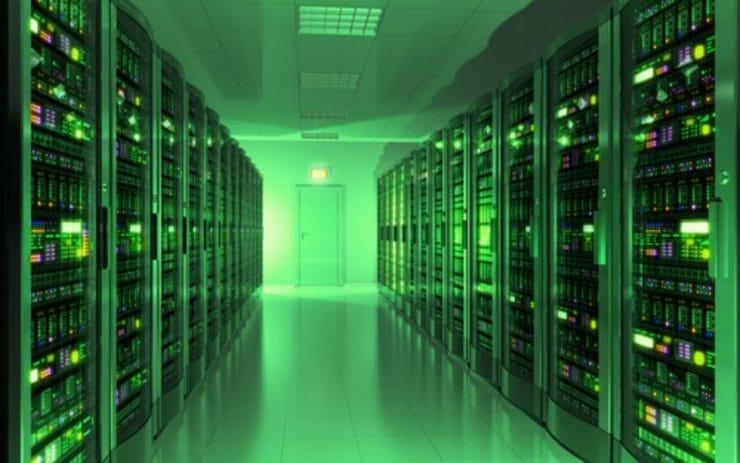Both Network Attached Storage (NAS) and Storage Area Networks (SANs) provide your business with a networked storage solution. The key difference between NAS and SAN is that SAN is a local network of numerous devices operating on disk blocks and NAS is a single storage device operating on data files.
What is a SAN?
SAN units are made up of multiple disks created to protect against data loss due to any hardware failures. These units use higher-end hard disks that can spin between 10,000 RPM and 15,000 RPM to increase performance. SAN units deal with data on a block level and do not have an embedded operating system of any kind. This means that the SAN needs to be attached to a host or multiple host machines in order to function. The host machine controls the sharing, file operations and permissions.
SAN units are typically used in an enterprise environment or where fast input/output systems are required. They offer larger storage quantities due to a number of hard drives it supports.
What is a NAS?
NAS units typically have multiple hard drive drives, which are set up to prevent data loss due to hardware failure – similar to the SAN unit. The NAS is embedded with an operating system so it can perform all the sharing, file operations and network communication. These units are connected to your network via IP, making them easy to manage through any web interface. The embedded system allows the NAS to create shares, users and permissions, as well as act as a file transfer protocol server to permit file access through the internet.
NAS units provide better sharing abilities between operating systems such as MAC and Windows because of the different file access methods in the embedded system. These units offer additional features that the SAN doesn’t such as bit torrent downloading, print sharing, file quotas and automated backup. NAS units are generally best for home or small business networks.
Choosing Between NAS and SAN for Your Business
Selecting the right storage unit for your business can be difficult. If your business wants to create a centralized file storage system or needs more file storage, NAS is a good choice. But if your business is a larger enterprise with large storage requirements and read to write performance is required, then a SAN is better suited.To learn more about SAN versus NAS and see how these work in a cloud environment, get in touch with us.



